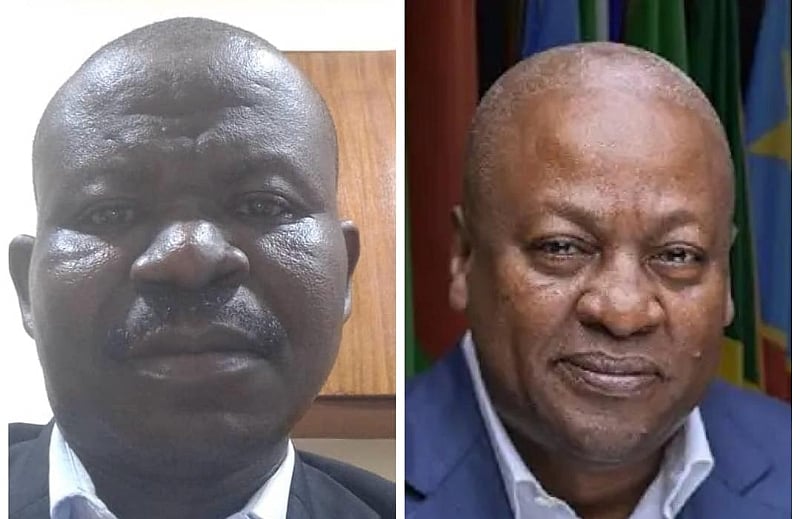Gyedu Frimpong, a private Alternative Dispute Resolution (ADR) practitioner and member of the Ghana National Association of ADR Practitioners (GNAAP), has formally requested President John Dramani Mahama and his National Democratic Congress (NDC) government to establish ADR centers throughout Ghana. His petition highlights the existing legal framework for ADR, specifically Section 117 of Act 798, which mandates the President to establish a National Governing Board of ADR. While the previous administration under Nana Akufo-Addo formed this board, Mr. Frimpong urges President Mahama to implement the remaining provisions of Act 798, including the crucial establishment of ADR centers at national, regional, and local levels. This, he argues, is essential for promoting ADR practice and ensuring its accessibility to all Ghanaians, especially the vulnerable.
Mr. Frimpong’s petition underscores the significant benefits of a robust ADR system. He emphasizes that ADR offers a more affordable and accessible avenue for justice, particularly for those who cannot afford legal representation. This accessibility, he argues, will significantly reduce the financial burden associated with traditional court proceedings. Furthermore, ADR empowers individuals by granting them greater control over the dispute resolution process, allowing them to actively participate in shaping the outcome through negotiation and mutually agreed-upon settlements. This participatory approach fosters a sense of ownership and can lead to more sustainable and amicable resolutions.
The establishment of ADR centers, according to Mr. Frimpong, would not only improve access to justice but also create employment opportunities for qualified Ghanaians. The centers would require trained ADR practitioners, administrators, and support staff, leading to a potentially significant boost in employment within the justice sector. This, in turn, would contribute to the overall development of the Ghanaian economy and strengthen the capacity of the justice system. By diverting cases away from the overburdened courts, ADR centers would contribute to a more efficient and streamlined justice delivery system, reducing backlogs and allowing the courts to focus on more complex legal matters.
The petition further elaborates on the legal framework outlined in Act 798. After the formation of the Governing Board, the President, in consultation with the Board Chair, is responsible for appointing an Executive Secretary and establishing the network of ADR centers at various levels. These centers are envisioned as hubs for mediation and other forms of ADR, offering a viable alternative to litigation. Mr. Frimpong reiterates the importance of these centers in bringing justice closer to the people, particularly the vulnerable populations who may face geographical, financial, or other barriers to accessing traditional court systems.
The core argument of Mr. Frimpong’s petition centers on the potential of ADR to revolutionize access to justice in Ghana. He portrays ADR as a cost-effective and empowering alternative to traditional court proceedings, offering the poor and vulnerable a more accessible pathway to resolving disputes. The establishment of ADR centers, he argues, is not merely a procedural step but a crucial investment in a more equitable and accessible justice system. By facilitating negotiated settlements, ADR empowers individuals to shape the outcomes of their disputes, fostering a sense of ownership and promoting more amicable and lasting resolutions.
In conclusion, Mr. Frimpong’s petition serves as a compelling call to action for the Ghanaian government to fully embrace and implement the ADR framework established by Act 798. He articulates the multifaceted benefits of ADR, ranging from increased access to justice and reduced financial burdens to job creation and a more efficient justice delivery system. The establishment of ADR centers, he argues, is a crucial step towards a more equitable and accessible justice system for all Ghanaians, particularly the vulnerable, and a vital investment in the future of Ghana’s legal landscape. He emphasizes that the government’s proactive implementation of these provisions will demonstrate a commitment to strengthening the rule of law and ensuring that justice is within reach of every citizen.














